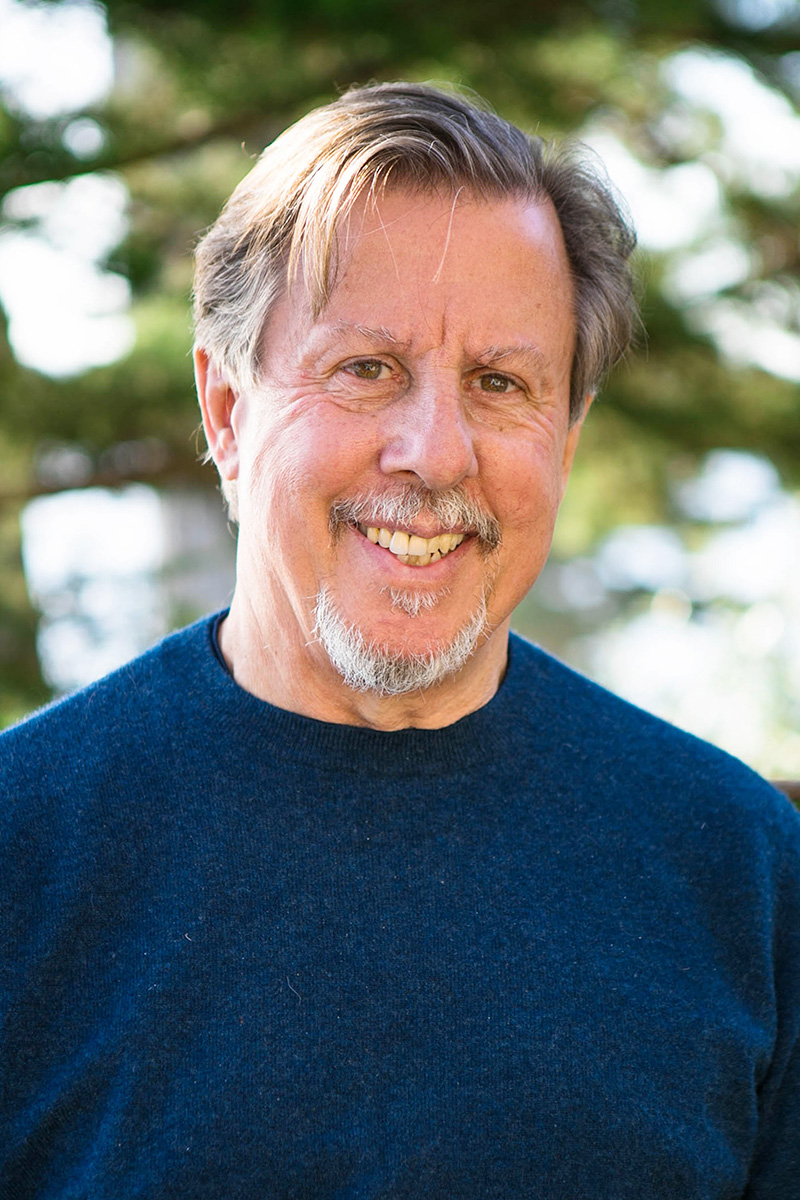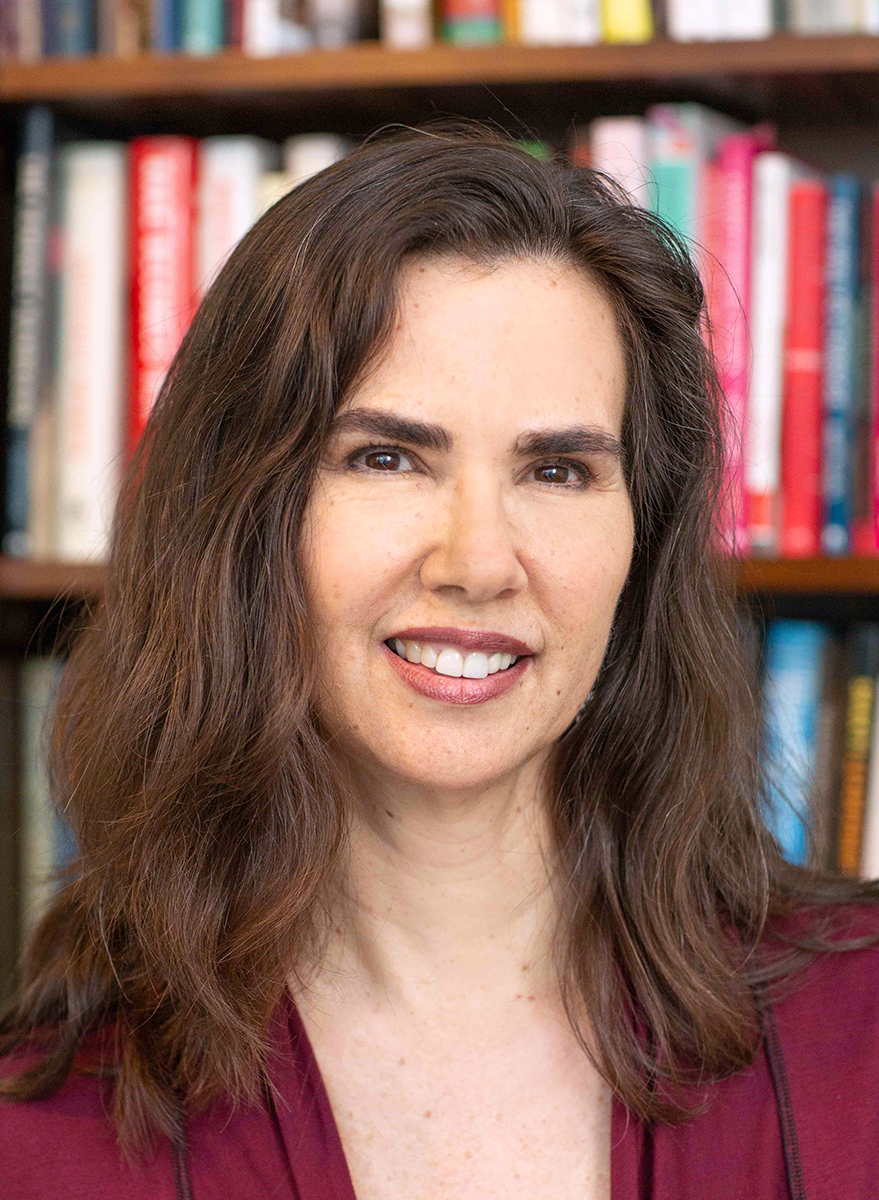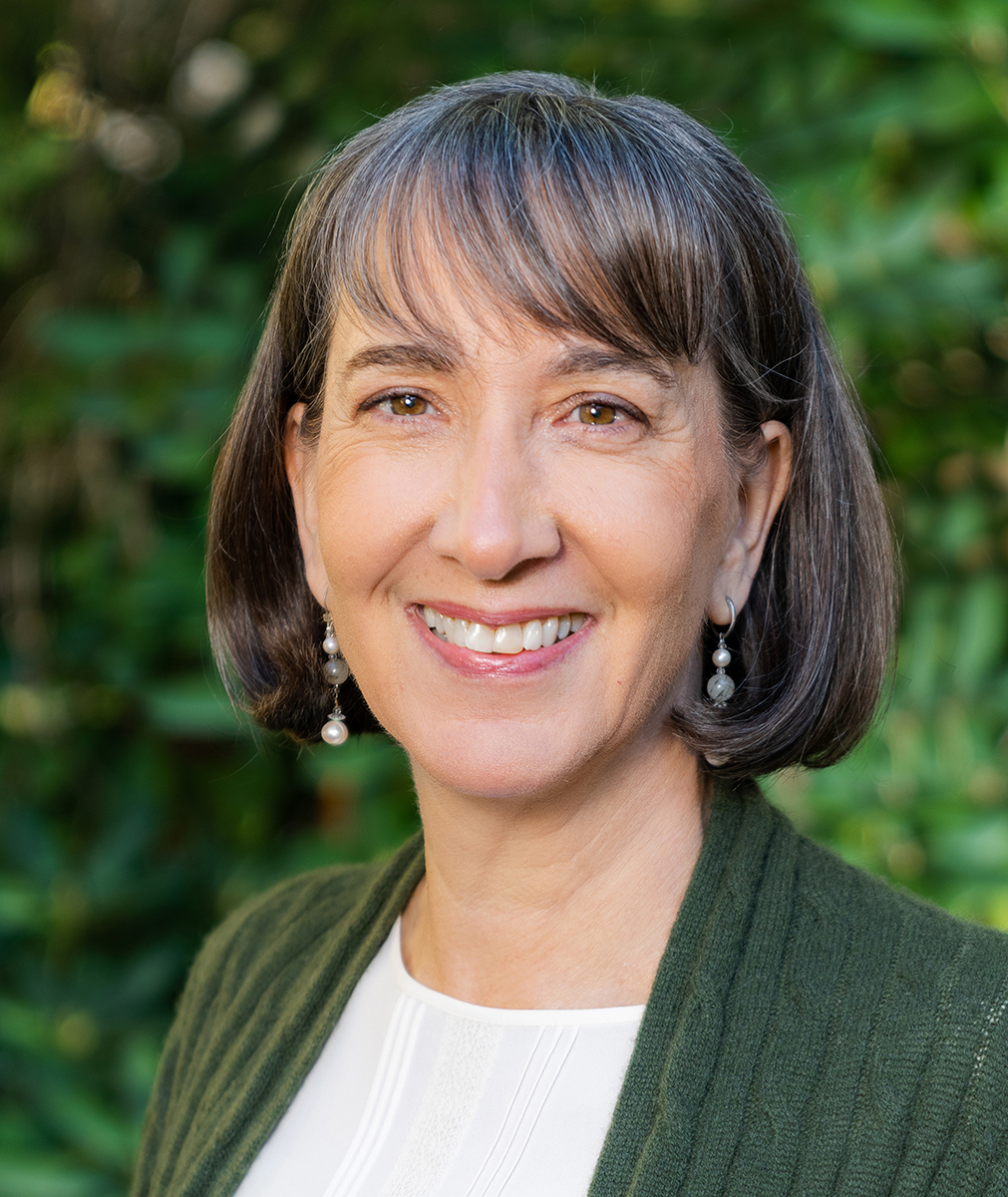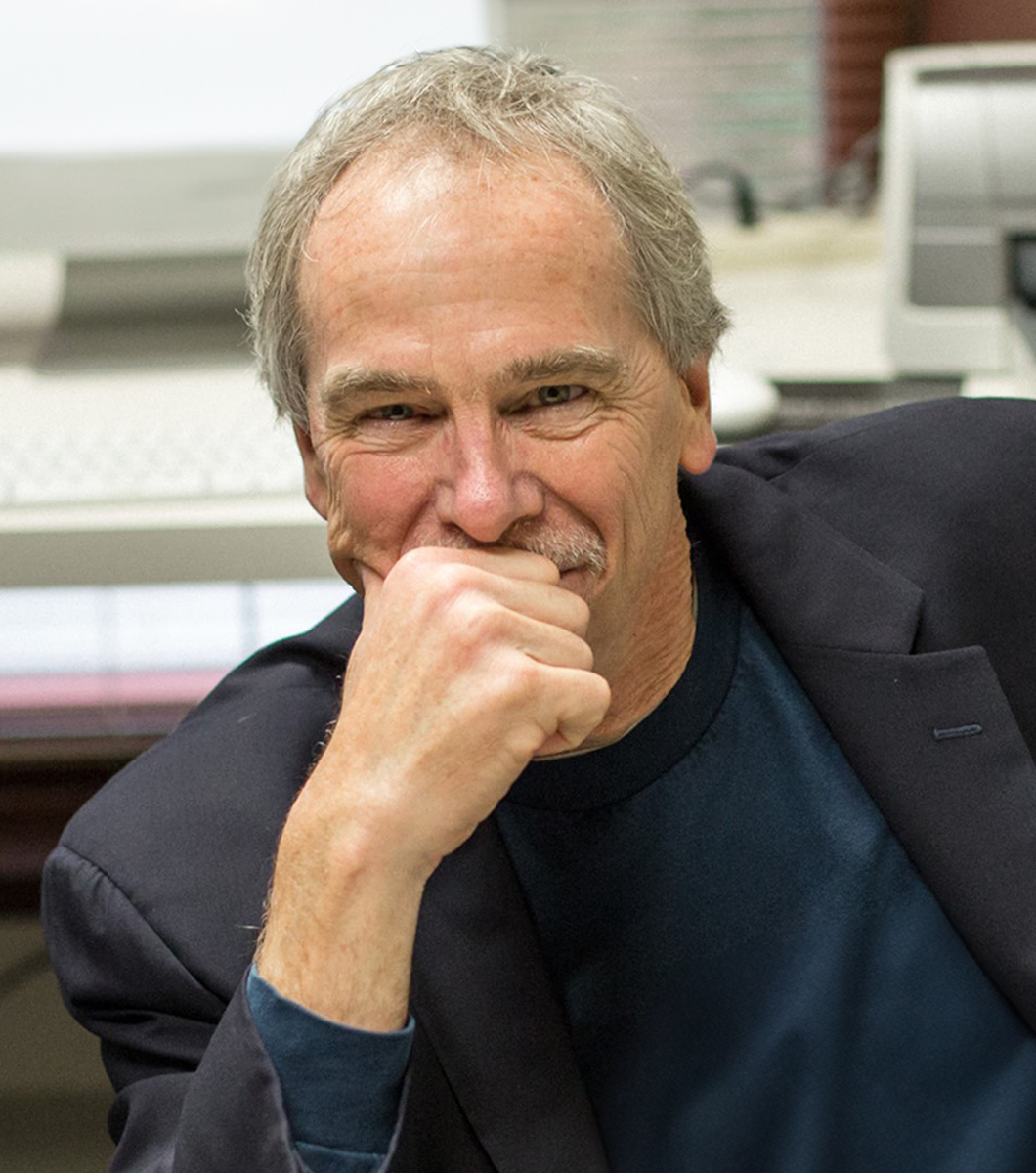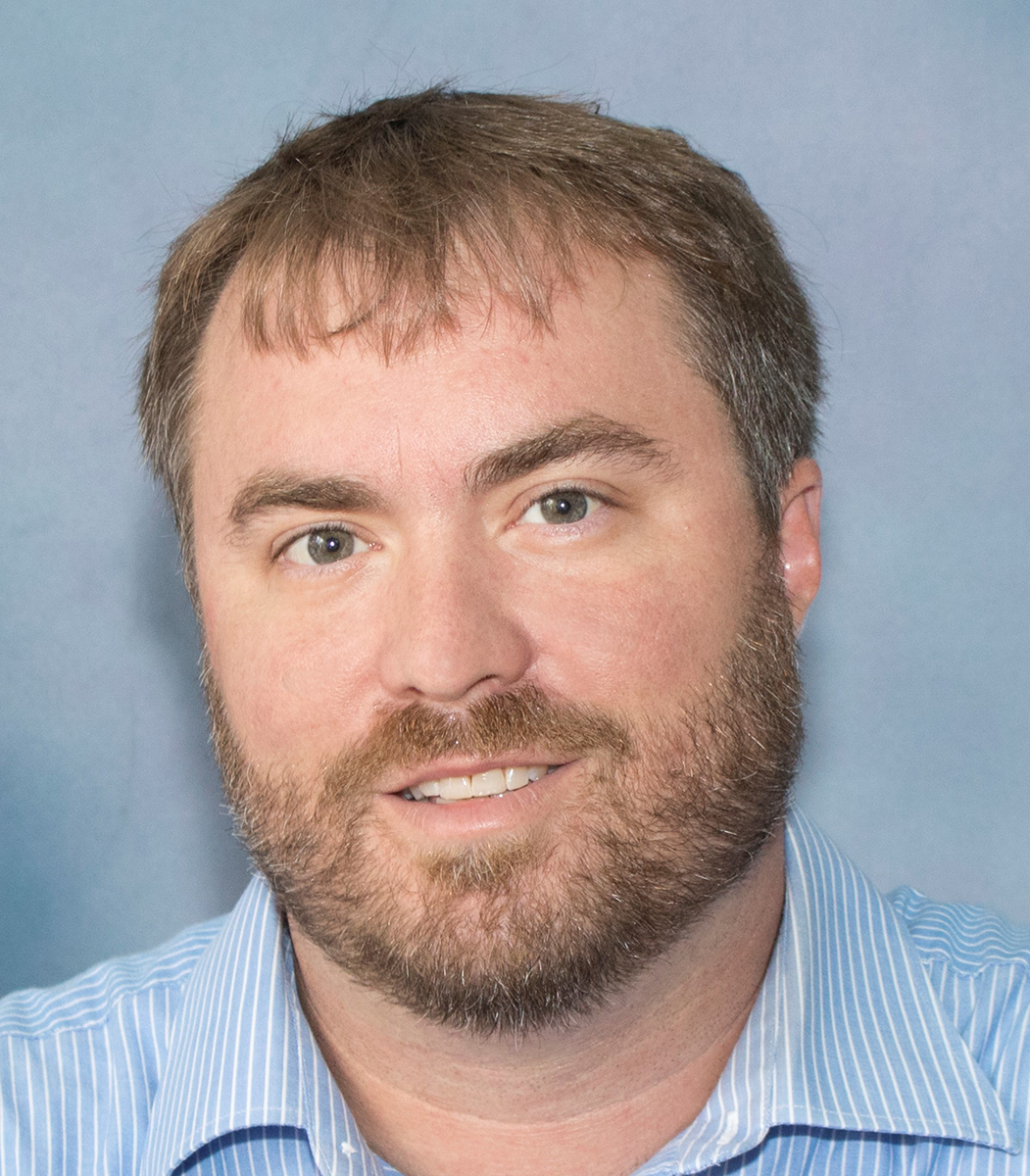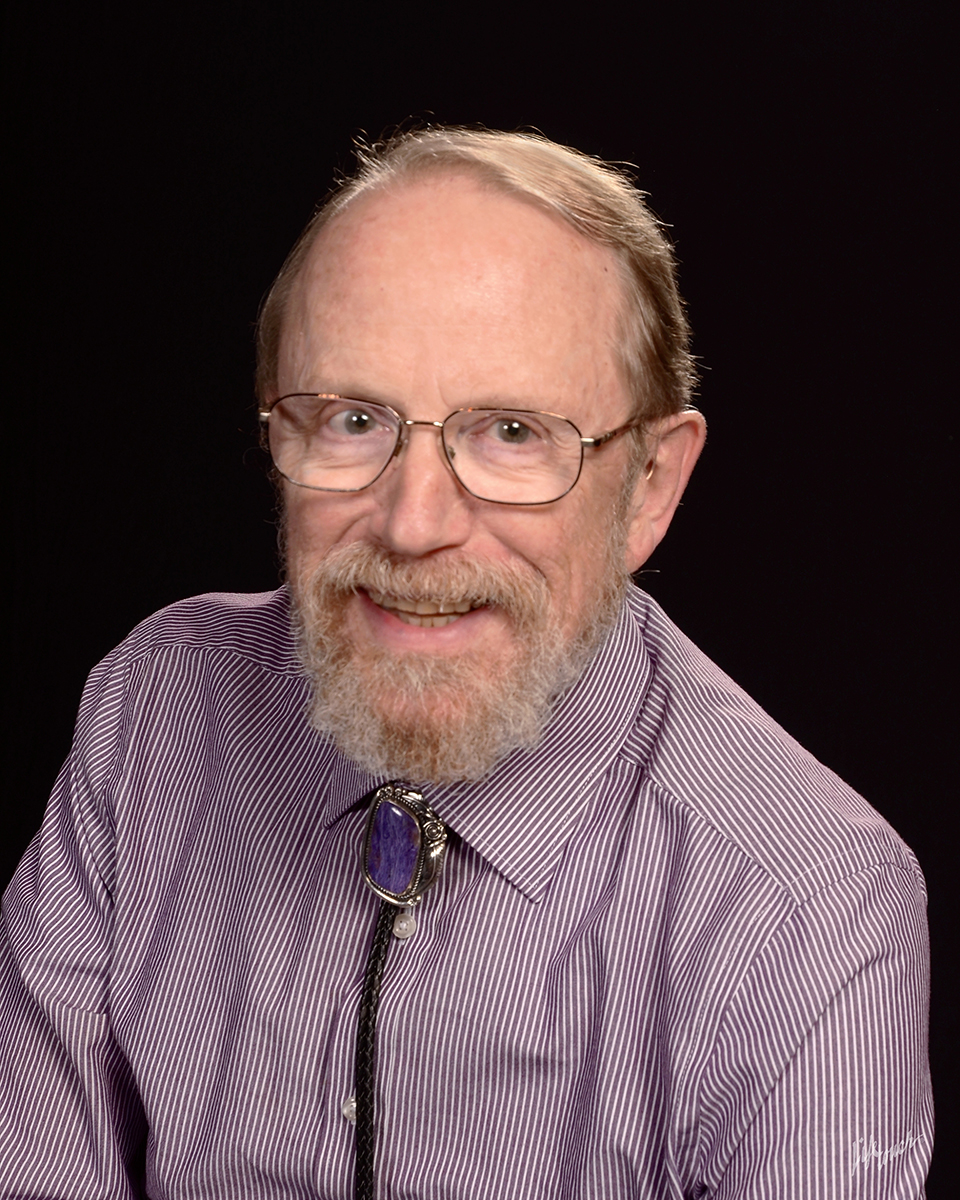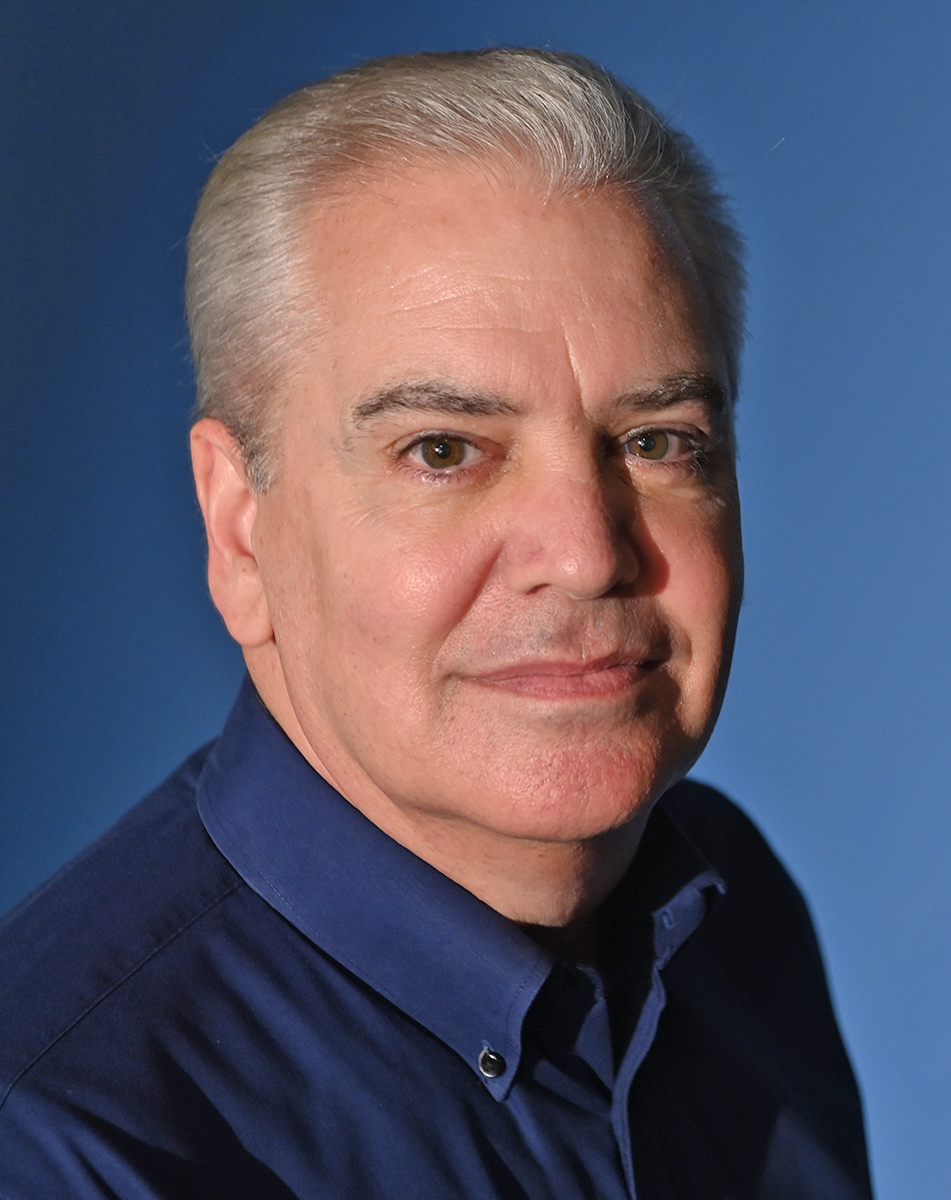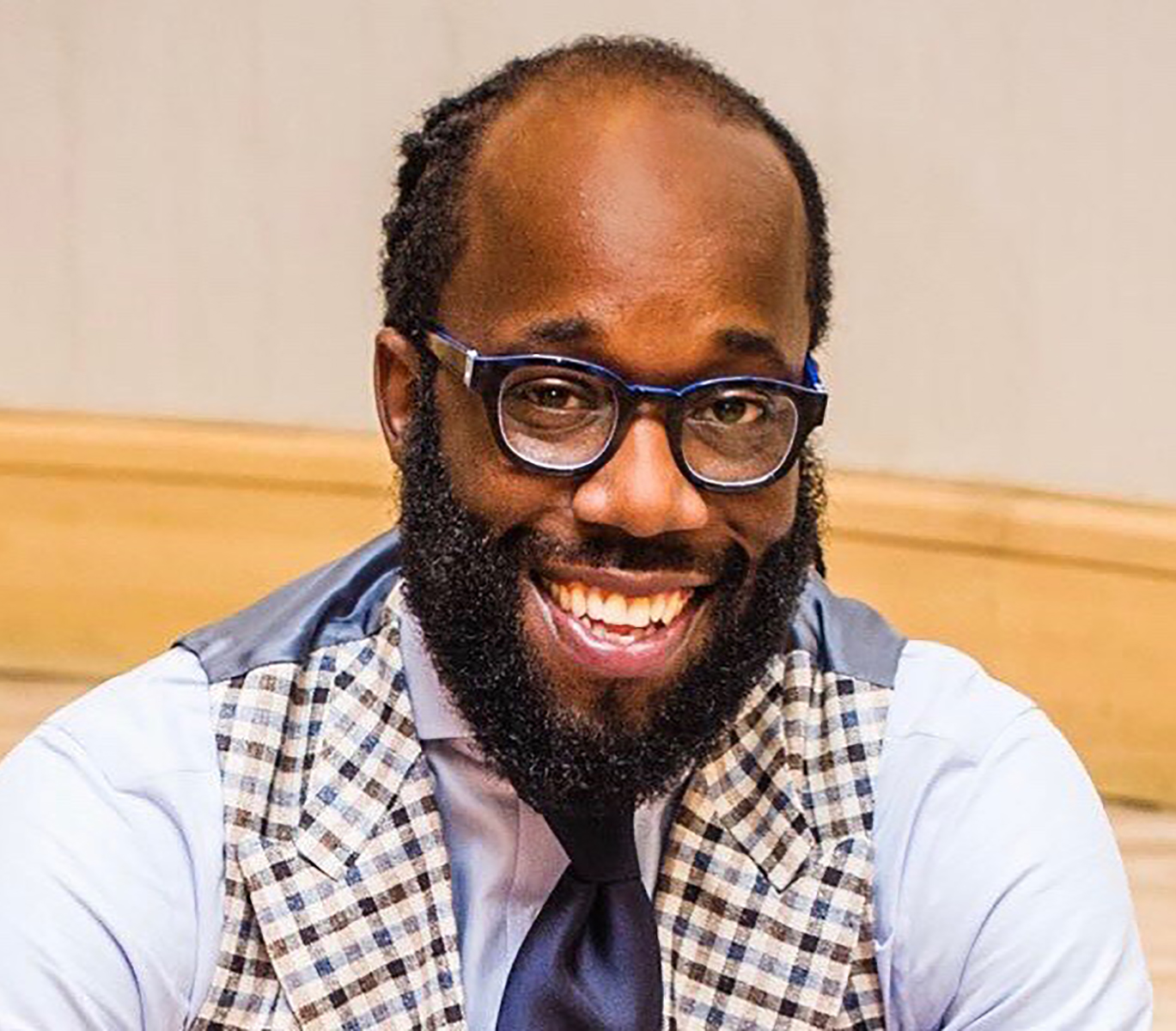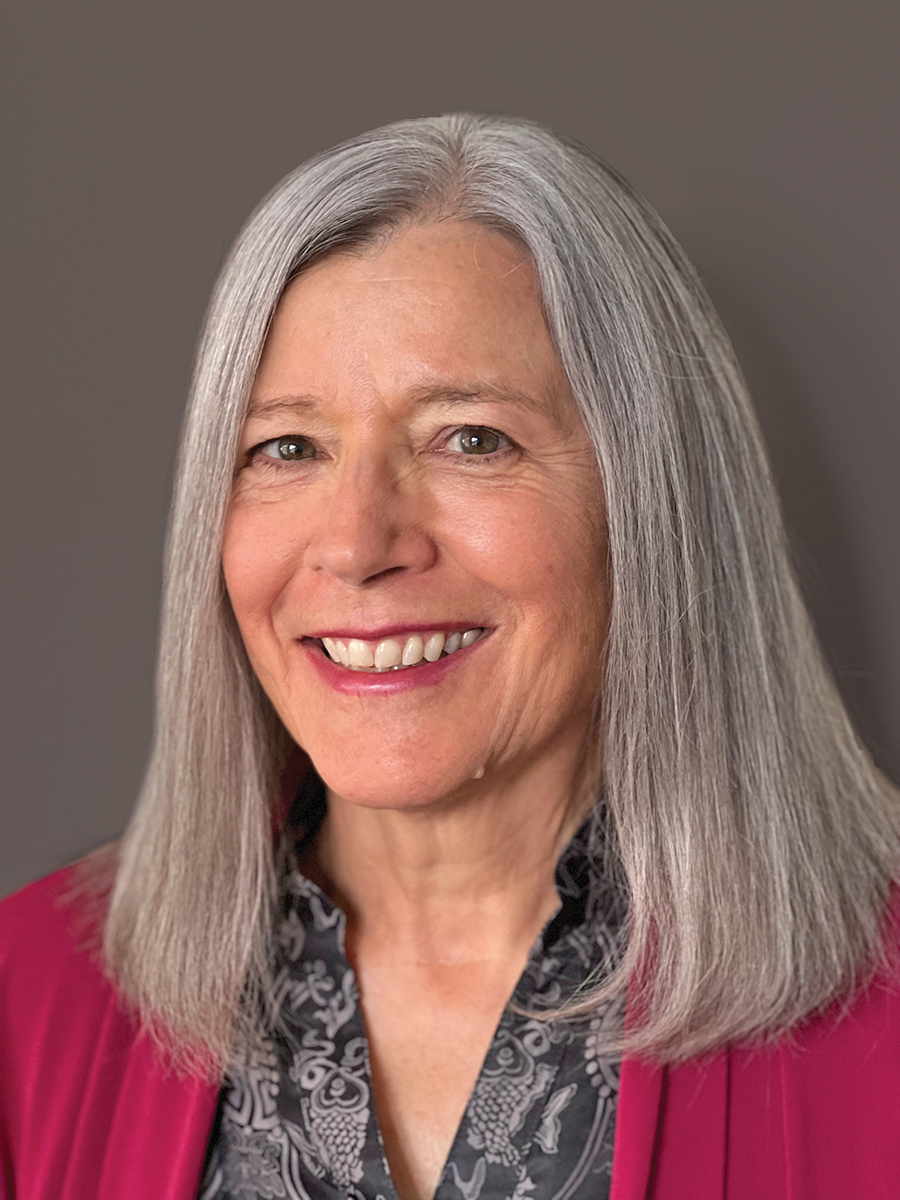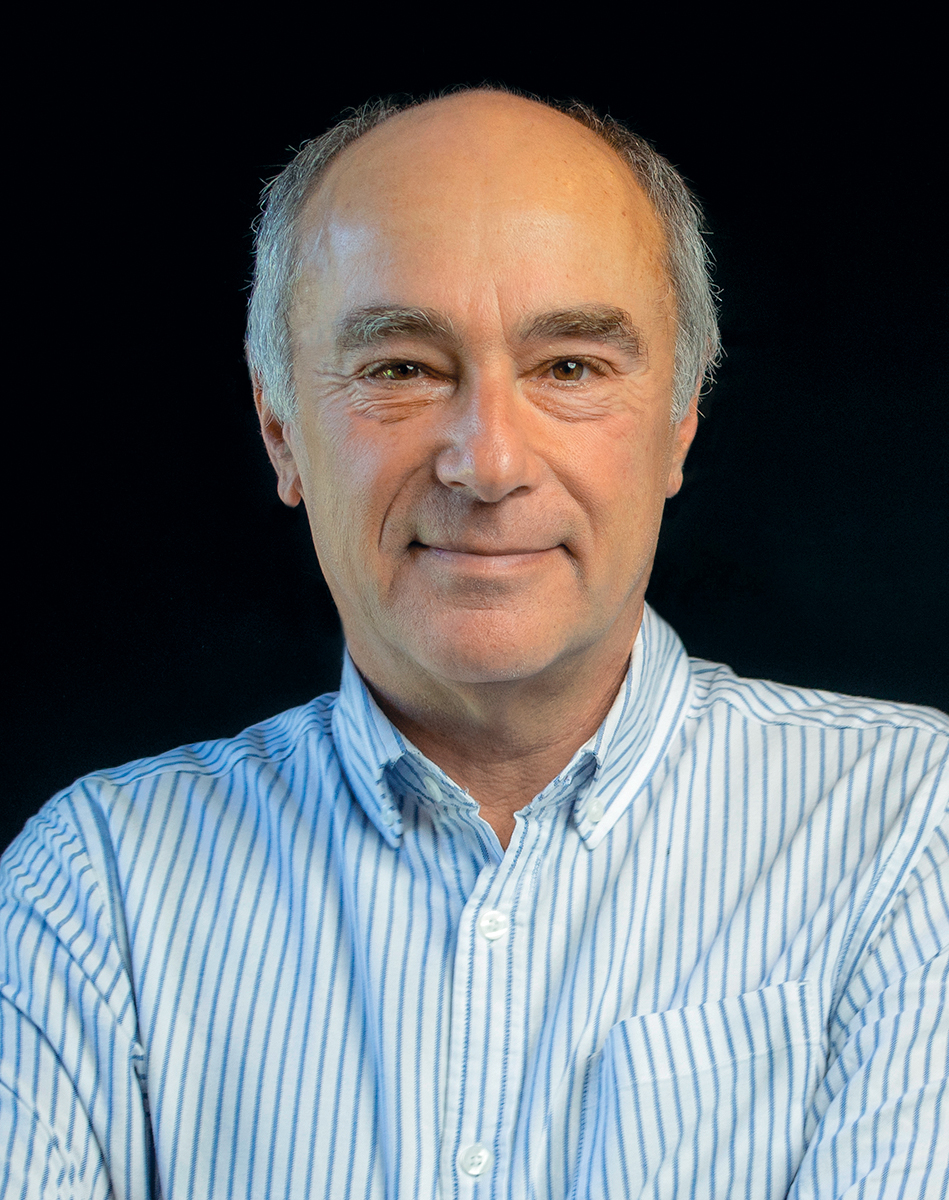Co-author of Internal Family Systems Therapy: Second Edition
Q&A with the Author
- What made you decide to write this book?
- What was the hardest part of writing it, and what was the easiest?
- What is one important lesson or message you hope readers take away from the book?
- Are there any other books that greatly influenced your writing process and/or your research?
- What led you to your specific area of study (the subject of your book)?
- Tell us one fascinating thing about the topic.
- Are there any common misconceptions about the topic?
- What advances do you hope we will see in the next 10 years?
- What made you decide to go into the field of mental health?
- When you are not working, what do you do for fun?
- What is your all-time favorite book?
- Is there a project that you are excited to work on next? (A presentation, a workshop, writing another book, etc.)
Tell us more about your latest book!
What made you decide to write this book?
The first edition was almost 25 years old, the popularity of Internal Family Systems (IFS) has soared, and there have been many significant improvements or enhancements in both theory and practice over those years.
What was the hardest part of writing it, and what was the easiest?
I made several aborted attempts in earlier years, but became overwhelmed each time with the enormity of the project and my lack of time to devote to it, particularly given how popular the model became. Somehow a part of me thought I needed to do it alone, since I did the first edition that way. Then a couple of years ago, I recruited Martha Sweezy as a co-author. I knew Martha to be both a very strong writer and a highly skilled IFS therapist and it didn’t hurt that I like her a lot personally.
Our collaboration not only made the work flow, but also made it fun. Martha took on a lot of the researching and administrivia that had stalled me out, and we were able to flesh out many aspects of IFS that had been neglected. As a result, I’m proud to say that the book is about 70% new material.
What is one important lesson or message you hope readers take away from the book?
The book is written for therapists with the hope that they experiment with the practice enough to begin seeing that human inner systems have an incredible capacity for self-healing. In general, psychotherapy has vastly underestimated this capacity.
Are there any other books that greatly influenced your writing process and/or your research?
Probably the biggest influence on me and IFS over the past decades has been the recognition of the impact of trauma on the human psyche and on families, which my home field of family therapy had minimized. The best book on that topic is Bessel van der Kolk’s, The Body Keeps the Score. His thinking and writing has revolutionized our field. I also love the writing of Gabor Mate, particularly his books When the Body Says No and In the Realm of Hungry Ghosts. His thinking is remarkably parallel to mine, and I’m proud to say that he and I will be doing an audio course together soon.
We are interested in learning more about your expertise.
What led you to your specific area of study (the subject of your book)?
I was originally trained as a family therapist who disdained intra-psychic work. After trying and failing to prove family therapy’s healing power through an outcome study, I began asking clients about what was happening inside them. They described inner battles among what they called “parts.” As a systems thinker I became intrigued and, if I’m proud of anything, it’s that I let go of any presumptions and allow my clients to teach me about these parts, and an inner essence I call the "Self." I gradually assembled what they taught me into this IFS model. So it was my clients who led me to this area of study.
Tell us one fascinating thing about the topic.
I can think of nothing more fascinating than the fact that everyone, no matter how traumatic their childhoods, has this undamaged healing essence just beneath the surface of their parts that has all the qualities necessary to effectively lead their inner and outer lives with compassion, calm, and courage. It was amazing when I first found this and it remains amazing each time clients experience it now.
Are there any common misconceptions about the topic?
There are many: That what I call parts are merely ephemeral thoughts and emotions; that they are bundles of pathology rather than valuable sub-personalities forced into extreme roles; that in order to have much inner strength people have to have had good parenting as children. That is, IFS offers a different view of the mind and how to heal it that challenges much of the conventional wisdom in the psychotherapy world.
What advances do you hope we will see in the next 10 years?
The IFS view of the human mind fosters a more hopeful and compassionate way of relating both internally and externally. I would like for this perspective to become common knowledge in culture because that would change so many of the self-defeating ways we fight with and pathologize ourselves and others. I doubt that is possible in the next 10 year or even in my lifetime, but I still hold it up as a vision that keeps me going.
What made you decide to go into the field of mental health?
My father, who was head of medicine at a hospital in Chicago, got me a job as an aide on the adolescent psych unit at the hospital while I was in college. I got close to a number of the patients there and learned how poorly their families were treating them, yet their psychoanalytic therapists were ignoring that aspect of their lives. Having no other ambitions, I decided to see if I could do something about the state of psychotherapy.
Now a little bit about you…
When you are not working, what do you do for fun?
I was an athlete and, despite the complaints of my body, I continue to play tennis and basketball regularly. Otherwise, I try spend time with my kids and their kids, and with my wife Jeanne.
What is your all-time favorite book?
I can't come up with just one.
Is there a project that you are excited to work on next? (A presentation, a workshop, writing another book, etc.)
I’m working on a book on the spiritual side of IFS.
See all titles by and read more about Richard C. Schwartz on his author page!
